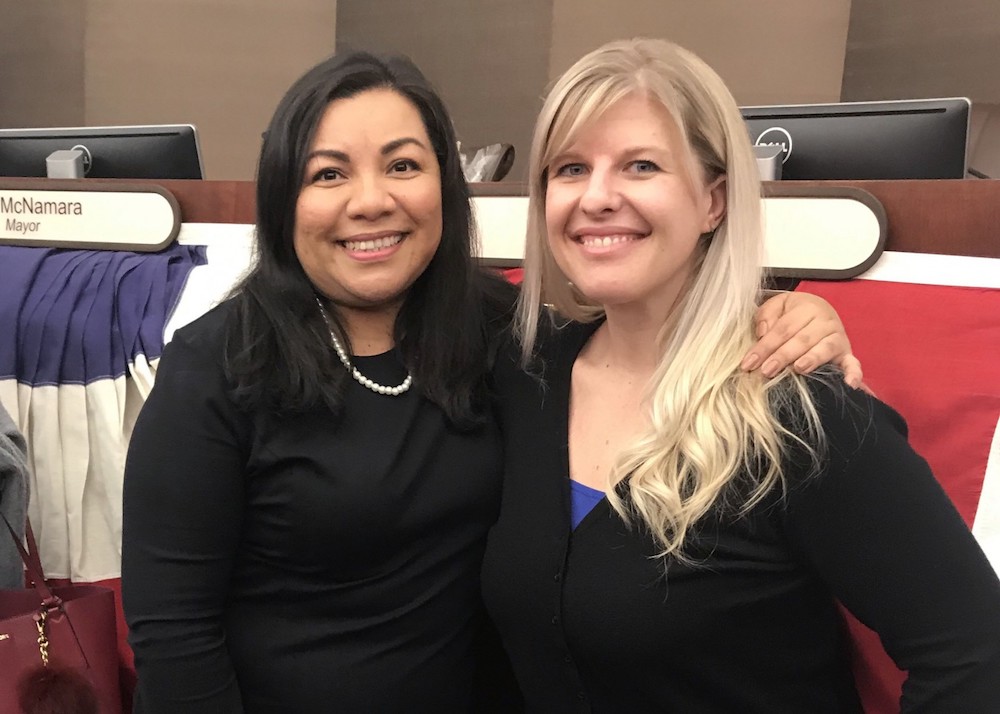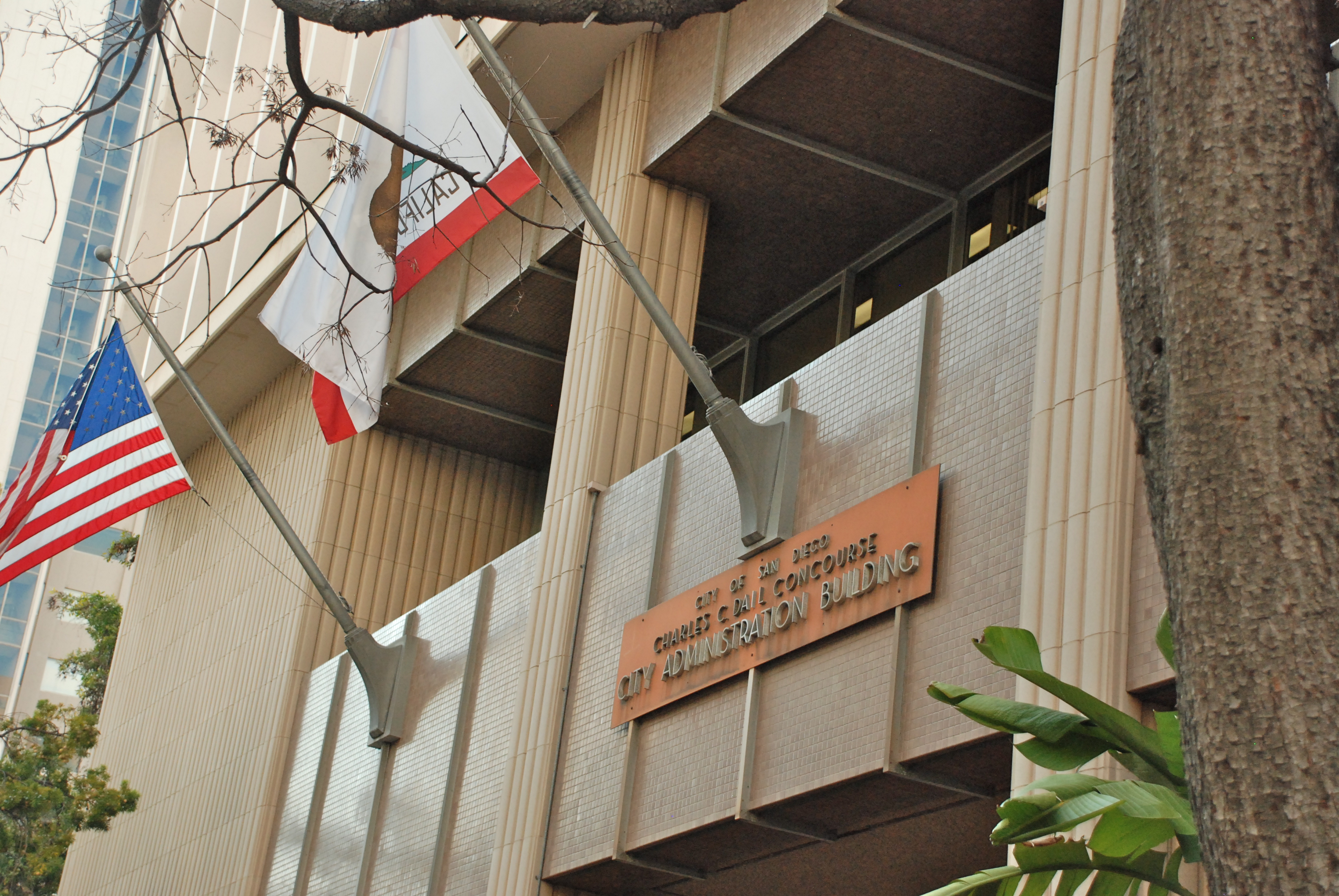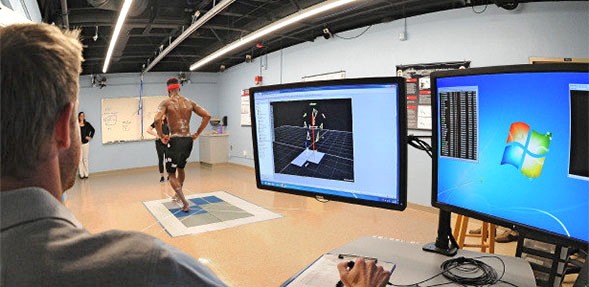Daily Business Report-Dec. 27, 2018
More than 10 years after they met at Cal State San Marcos, Consuelo Martinez (left) won a recent election for Escondido City Council, and Riedel was her campaign manager. (Photo courtesy of Cal State San Marcos)
Win in Escondido City Council
race caps long road for
Cal State San Marcos alums
By Brian Hiro | Cal State San Marcos
It was in the fall of 2007 that Lindsay Riedel met a fellow Cal State San Marcos student who made an immediate, lasting impression.
Consuelo Martinez was in her first semester after transferring from Palomar College, and the two women soon discovered that they had more in common than their major (women’s studies). Both hailed from Escondido, and both had a desire to see the city’s prospects improve.
Where they differed was in how they felt about their hometown and their belief that real change was possible.
“I did not see myself as someone who would ever associate Escondido as my hometown,” Riedel said. “I wasn’t proud of it. I didn’t feel particularly strong about being from there or going back there.
“When I met Consuelo and saw her diehard love of and commitment to Escondido and seeing it thrive, I was inspired. She had all these great ideas about how to make it happen and bringing businesses to the city. There are certain people who you gravitate toward, and she was one of them.”
Neither could have known at the time that, more than a decade later, Martinez would be in prime position to better Escondido personally, and that Riedel would have played a vital role in helping her get there.
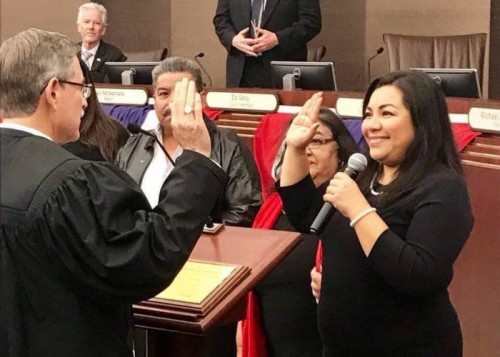
On Dec. 19, Martinez participated in her first meeting as Escondido’s city council representative from District 1, a week after she was sworn in and about six weeks after she defeated longtime incumbent Ed Gallo by securing almost two-thirds of the vote. Martinez herself would admit that she couldn’t have pulled it off without the support of Riedel, who served as her campaign manager.
“I’m the big-picture thinker, and she’s about micro-level project managing,” said Martinez, 40. “We complement each other. I’ll tell her my big ideas, and she’s like, ‘OK, but how are we going to do that?’ She brings me down to reality, and together we make it happen.”
That they made it happen was all the more satisfying after the disappointment of 2014. Four years ago, Martinez was a community organizer for the American Civil Liberties Union who decided to quit her job to run for city council for the first time. Riedel was living in Washington, D.C., after having earned a master’s degree in public policy at George Washington University.
As a political novice, Martinez knew she needed someone she could trust to manage her campaign, so she reached out to Riedel, whom she had stayed in periodic touch with since their days at CSUSM (Riedel graduated in 2008, Martinez in 2010). Riedel agreed to move back west to assist Martinez, and both were crushed when Martinez lost to Gallo by only 69 votes.
This time around, the circumstances had changed. Martinez was now working for Mid-City Community Advocacy Network, a nonprofit in City Heights. Riedel had moved out of Escondido, gotten married, and was working for San Diego County as a communications specialist in the Chronic Disease and Health Equity Unit.
With both holding down full-time jobs, they realized they would have to campaign smarter, not necessarily harder. But they also sensed that the political winds had shifted in their favor.
“The loss in 2014 was really painful, and I didn’t think I would do it again,” Riedel said. “But when she asked me last summer, I thought, ‘We need this, we need her. Escondido will never get better unless we have different leadership, different people with smart, innovative ideas, and you can’t get that with the same council members in office for so long.’ ”
While Riedel devised strategy behind the scenes, Martinez canvassed for votes block by block. It helped, of course, that she’s intimately familiar with District 1, the urban heart of the city, having grown up there and living there now.
On one of her many tours of District 1 neighborhoods, Martinez met a man who had tried for years to force the city to address the problem of tree roots near the public sidewalk causing damage to his driveway. She simply reported the issue to the relevant city department using an app on her phone, and the driveway was soon fixed.
“Sometimes it’s very easy, but there wasn’t anyone out there meeting with the public,” Martinez said. “That’s a small win, and this guy gets his driveway fixed after waiting so many years. That means a lot to me, and I hope to continue to do those things on the council.
“Some people who moved away from Escondido have told me that they want to move back. That’s really exciting.”
Martinez says her priorities for her four-year term on the council mainly concern “basic infrastructure.” She wants the city to return to sweeping the streets on a regular basis. She wants to build a skatepark in Washington Park.
“For me, it’s really important to stay at the hyperlocal neighborhood level – meet with the constituents, see what are the most immediate needs in their neighborhood, and address those needs,” Martinez said.
As she prepares to go to bat for her fellow Escondido residents, Martinez can’t help but reflect on the road that brought her to her present station. In a way, she didn’t choose politics. Politics chose her. She originally aspired to attend law school and become a public interest attorney, but her work as an ACLU activist in Escondido put her in close contact with the people she now represents.
They implored her to run for office back in 2014, and she somewhat reluctantly agreed. Only in hindsight does Martinez see her decision as responding to a “sign from the universe.”
“Eventually there’s a calling where you need to be somewhere and maybe it wasn’t in your plans, but if you answer that call, it’s amazing,” she said. “Now my voters tell me, ‘Consuelo, you were meant for this, you’re going to be mayor someday.’ This is a long time coming. This is stuff that I’ve been doing that I never knew was preparing me for this.
“I truly believe – even if it’s uncomfortable, even if you don’t feel ready – if there’s an opportunity and people ask you to serve, totally do it. Running for office was very scary and very uncomfortable. I had no idea what I was going to do or what was going to happen. But if I’m working so hard to improve my city and I’m not seeing that change from the outside, then it’s time for me to take a role on the inside.”
_____________________
First diversity business accelerator
accepting applications for 2019
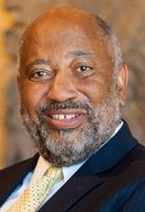
CONNECT All @ the Jacobs Center (CAJC), the region’s first diversity- focused business accelerator program, announced it will launch its first cohort of local entrepreneurs this spring and is accepting applications now through Jan. 16. A partnership between the city of San Diego, the Jacobs Center for Neighborhood Innovation and CONNECT, CAJC is geared specifically for diverse and financially disadvantaged founders of San Diego-based, early-stage startups that are poised for growth and job creation.
CAJC’s main goal is to provide opportunity for diversity focused entrepreneurship and spur economic development in historically underserved communities. The program is funded by a $2.5 million Community Development Block Grant secured by the city of San Diego Economic Development Department through the U.S. Department of Housing and Urban Development, and private funding from partners, such as MUFG Union Bank N.A. and bkm OfficeWorks.
“We are extremely excited to begin accepting applications for our first group and to kick off the business accelerator program that will provide the tools and resources that local entrepreneurs and business owners need to survive and thrive in today’s hyper-competitive market,” said Jacobs Center for Neighborhood Innovation President and CEO Reginald Jones. “Together, we will be working to expand and strengthen our local economy by making it more diverse and inclusive.”
Companies accepted into the CAJC business accelerator will participate in a six-month program tailored to support their various needs, including expert mentors, opportunities to access capital, and free co-working space complete with office equipment, such as high-speed internet and printers. All components of the program will be free to participants; no equity stake required.
Located in a specially designed 4,300-square-foot business accelerator space in Joe and Vi Jacobs Center in Southeastern San Diego, CAJC also offers a no-cost Business Resource Center where entrepreneurs “not quite ready for the accelerator” and others can connect and learn about local services and support programs to help move their ideas and businesses forward.
“It’s a fact that diversity in startups is good for the bottom line. By establishing these practices from the beginning, these companies foster corporate cultures that are open, inclusive and innovative,” said CONNECT President and CEO Greg McKee. “Leveraging our longstanding Springboard Accelerator Program model and partnering with the Jacobs Center, we will be able to reach rich pools of talent that have previously been overlooked by traditional innovation institutions. This is what San Diego needs as a region to be successful now and in the future.”
The first group of CAJC business accelerator participants will be announced early next year with the program set to start in spring 2019.
To learn more or apply for the business accelerator program, visit connectallsd.org.
_____________________
General Atomics gets $291 million
contract for Air Force UAS support
GovCon Wire
A General Atomics business unit has received a one-year, $291.3 million contract from the U.S. Air Force to help the service branch operate and maintain MQ-9 Reaper unmanned aerial systems.
General Atomics Aeronautical Systems Inc. will support UAS program and configuration management, logistics, flight operations and depot repair and field maintenance efforts, the Department of Defense said.
GA-ASI will also maintain the system’s software and technical manual, provide field service representative support and manage inventory control points.
Work on the cost-plus-fixed-fee and firm-fixed-price contract will occur at a company facility in Poway, and will run through Dec. 31, 2019.
The Air Force obligated $51.4 million in fiscal 2019 operations and maintenance funds at the time of award.
MQ-9 is designed to perform strike, intelligence, surveillance, reconnaissance, close air support, combat search-and-rescue, convoy, target development and terminal air guidance missions.
_____________________
‘Buzzed’ flies reveal important step to intoxication
As New Year’s Eve approaches, many people will experience the familiar buzz that comes from imbibing a favorite cocktail or glass of wine. A new study from Scripps Research, published in the Journal of Molecular Biology, reveals a twist in how intoxication happens. When the alcohol from our cocktail reaches our nerve cells, the alcohol apparently employs intermediary molecules on the membrane surface of the neuron to produce the intoxicating effect, indirectly.
It turns out that both flies and mammals can get drunk on alcohol. So, for their study, Scott Hansen, associate professor in the Department of Molecular Medicine, and his team, enabled fruit flies to become inebriated to track ethanol’s path. The fly is a useful model to study gene activity because its genome is smaller than other animals and is easily manipulated, Hansen says.
“They act just like people,” Hansen says about the flies. “They start losing coordination. They literally get drunk.”
The alcohol in beverages acts much like an anesthetic. It creates a hyper “buzzed” feeling first, and then sedation, Hansen explains. But how? It turns out there is an important intermediate step that wasn’t previously known.
_____________________
Lindbergh Innovation Forum to present
leading edges of aviation innovation
The American Institute of Aeronautics and Astronautics (AIAA) and The Charles A. and Anne Morrow Lindbergh Foundation are partnering to present the Lindbergh Innovation Forum at the 2019 AIAA Science and Technology Forum and Exposition on Jan. 9 from 2:30 to 4:30 p.m. at the Manchester Grand Hyatt Hotel.
The Lindbergh Innovation Forum is an expert-curated forum to showcase the leading edges of aviation innovation. Using a format of multiple speakers and short, compact presentations, it features key breakthroughs and innovations that will shape aviation for decades to come. Its impact is amplified by being streamed online, both live and in archived form on www.lindbergh.aero.
The Lindbergh Innovation Forum will feature industry leaders, including representatives of Boeing, NASA, Aerion Supersonic, AirMap, GoFly and Ampaire. The event will be hosted and moderated by Erik Lindbergh, president of VerdeGo Aero and grandson of Charles Lindbergh.
_____________________
USD professor receives $60,000 NEH fellowship
The National Endowment for the Humanities selected University of San Diego associate history professor Dr. Thomas Barton to receive a $60,000 fellowship, one of the largest NEH research grants ever received by USD’s College of Arts and Sciences.
The grant will fund a 12-month research leave to support the completion of Barton’s third book, “From the Hands of the Infidels: The Christianization of Islamic Landscapes in Premodern Europe.” The book seeks to enhance our understanding of European expansionism during the high and late Middle Ages by exploring how the invading Christians within Iberia, established their ecclesiastical institutions and networks on territories wrestled from Muslim control through the formation of dioceses, parishes, and monastic houses.
_____________________
General Atomics scientist honored
for work in fusion engineering
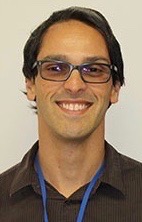
Fusion Power Associates (FPA) has awarded General Atomics scientist Wayne Solomon the annual Excellence in Fusion Engineering Award for his work in fusion plasma diagnostics and his leadership as the deputy director of the DIII-D National Fusion Program.
Solomon, a physicist who has worked at DIII-D since 2002, oversaw major upgrades to the diagnostic capabilities of the tokamak, especially with respect to rotation of the fusion plasma. He has been deputy director of DIII-D since 2016.
Solomon was honored for “development of unique diagnostic capabilities and pioneering contributions towards the understanding of momentum transport and intrinsic rotation generation, and discovery of experimental access to the super H-mode regime,” as well as for his leadership at DIII-D. The FPA Excellence in Fusion Engineering Awards have been given annually since 1987, in memory of MIT Professor David J. Rose, to recognize persons in the relatively early part of their careers who have shown both technical accomplishment and potential to become exceptionally influential leaders in the fusion field.

